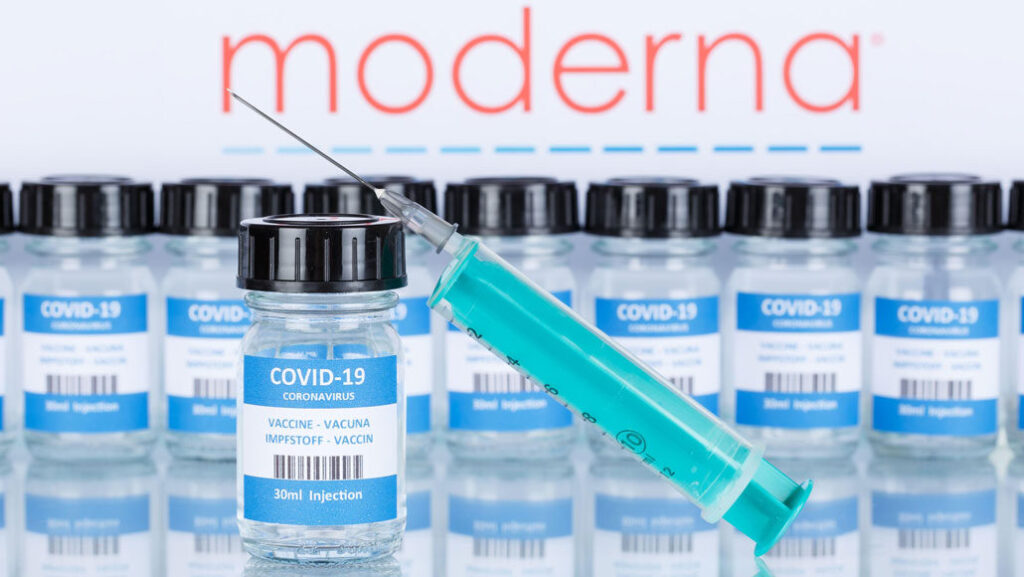
The EU’s medicines authority authorised the Pfizer/BioNTech coronavirus vaccine for 12- to 15-year-olds on Friday, making it the first vaccination licenced for minors in the union.
The vaccination was “well tolerated” in youngsters, with no “significant concerns” about adverse effects, according to the European Medicines Agency in Amsterdam.
Following the EMA’s approval, Germany has announced that vaccinations for children over the age of 12 would begin on June 7.
The vaccination has previously been approved for youngsters of the same age in the United States and Canada.
“As expected, the European Medicines Agency’s Committee for Human Medicines today authorised the use of Pfizer/vaccination BioNTech’s in adolescents aged 12 to 15 years,” said Marco Cavaleri, the EMA’s head of vaccine strategy.
He went on to say that data from clinical studies “truly shows that the vaccination is very preventive” for young people.
“The vaccination was well tolerated” in terms of adverse effects in youngsters, and they “didn’t raise substantial concerns at this time.”
Until recently, the EU has only approved the injection developed by US pharmaceutical giant Pfizer and German research outfit BioNTech for anyone aged 16 and above across the 27-nation union.
In March, Pfizer and BioNTech announced that their two-dose vaccination regimen had been shown to be both safe and efficacious in a study of 2,260 12- to 15-year-olds.
Emer Cooke, the EMA’s head, had previously stated that the Amsterdam-based watchdog was expediting the permission for young people, which had been scheduled for June.
On May 11, she informed European reporters that the agency had received data from Pfizer-BioNTech and that “data from clinical trials and the research conducted in Canada would be sent within the next two weeks, and we will speed up our examination.
Chancellor Angela Merkel declared on Thursday that, pending the EMA’s announcement, Germany will proceed with a plan to vaccinate children above the age of 12.
She did emphasise, however, that vaccination would not be mandatory and would have no influence on whether or not children could attend school or go on vacation.
Moderna, which employs the same Messenger RNA technology as Pfizer, announced earlier this month that their vaccine was 96 percent effective in children aged 12 to 17 years old, according to preliminary clinical trial findings.
The US Food and Drug Administration said it was investigating a limited number of complaints of cardiac inflammation in young individuals who had received mRNA vaccinations from Pfizer and Moderna.
According to the US Centers for Disease Control and Prevention (CDC), “very few occurrences of myocarditis” were reported, particularly in teenagers and young adults.
The US Food and Drug Administration said it was investigating a limited number of complaints of cardiac inflammation in young individuals who had received mRNA vaccinations from Pfizer and Moderna.
According to the US Centers for Disease Control and Prevention (CDC), “very few occurrences of myocarditis” were reported, particularly in teenagers and young adults.





